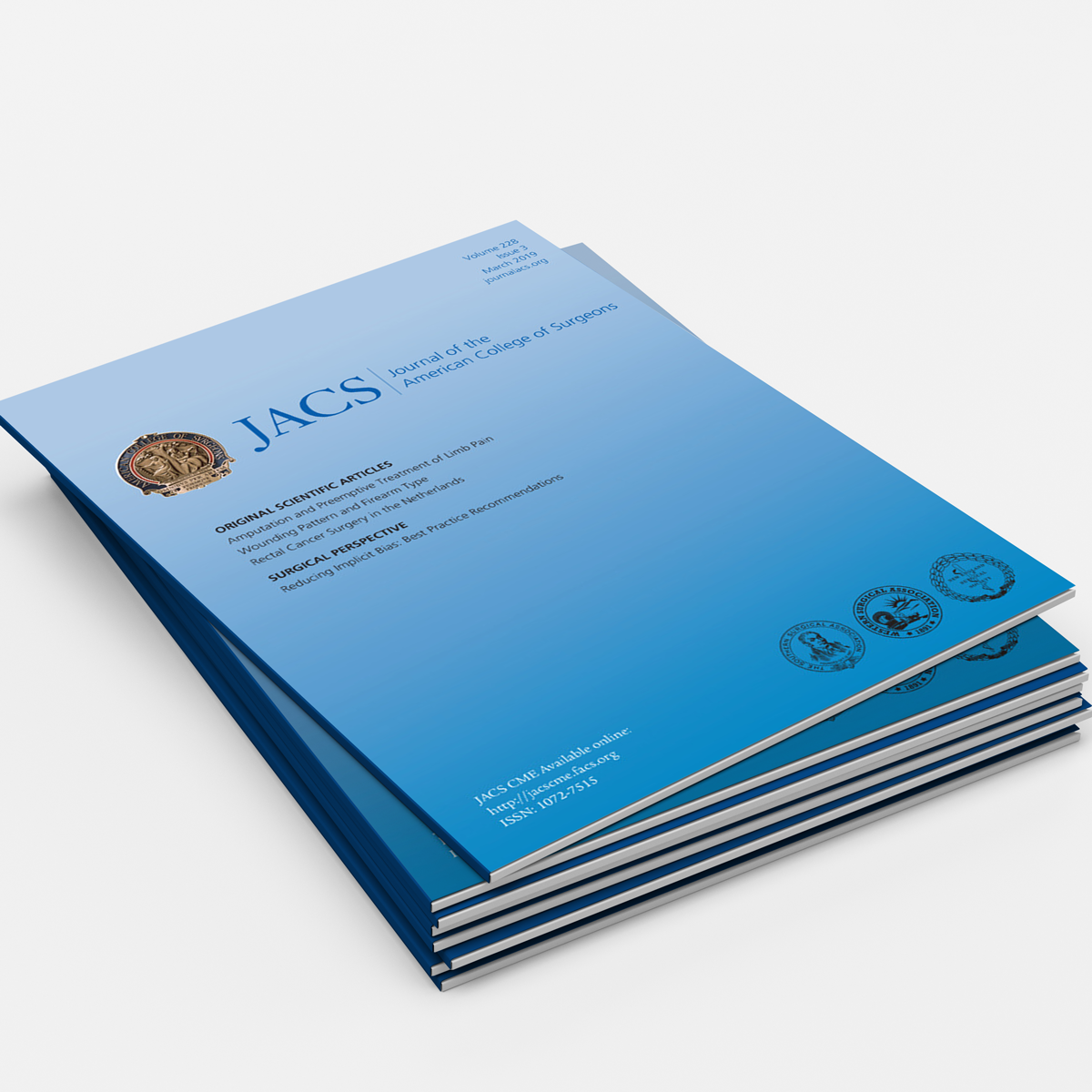In the current climate of waning COVID-19 severity in the US, a topic of ongoing concern for hospitals and surgeons is the role of screening asymptomatic patients for the virus before a medical procedure. The logistics and healthcare costs related to COVID-19 screening for all patients have created challenges for health systems.
To address these concerns, several healthcare organizations, including the American Society of Anesthesiologists (ASA) and Society for Healthcare Epidemiology of America (SHEA), have recommended that preprocedural COVID-19 testing in asymptomatic patients is no longer necessary; instead, they suggest that the multiple layers of infection control present in hospitals are sufficient to protect patient populations and healthcare workers from infection.
In a December 2022 commentary, several members from SHEA—a professional organization comprising experts in infection disease and epidemiology from leading academic medical centers—outlined some of the challenges related to universal preprocedural COVID-19 screening, including increased costs at a time of strained healthcare finances, as well as adverse consequences for patients and facilities such as increased lengths of stay in emergency departments.
According to the authors, “Key interventions that are important to reduce the risk of respiratory virus spread in healthcare facilities include patient symptom screening, avoidance of HCP [healthcare provider] presenteeism, optimization of ventilation, environmental cleaning, hand hygiene, source control with masking, isolation of suspect and confirmed infected patients, and vaccination of patients and HCP. In the setting of these layered hierarchies of control, the added benefit of asymptomatic screening is uncertain.”
Of note for surgeons, the authors also reviewed the potential for viral spread from aerosol-generating procedures (AGPs). They noted recent research suggesting that several common procedures such as intubation, extubation, nasal endoscopy, and airway suctioning should not be defined as AGPs and do not warrant preprocedural asymptomatic screening. However, they also suggested that preprocedural testing could still be beneficial in communities with a high level of COVID-19 spread.
They concluded that additional high-quality studies are necessary to provide more data about the utility, efficacy, and burden of screening asymptomatic patients.












